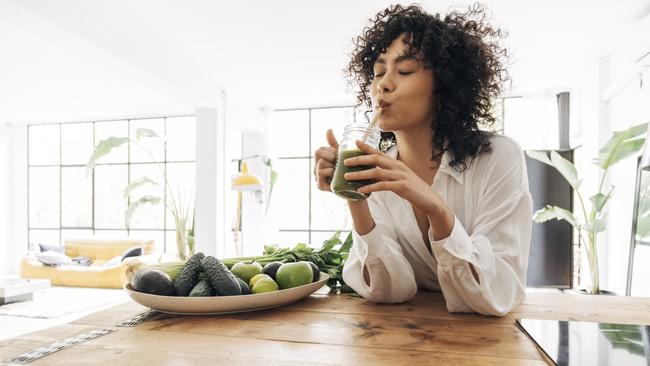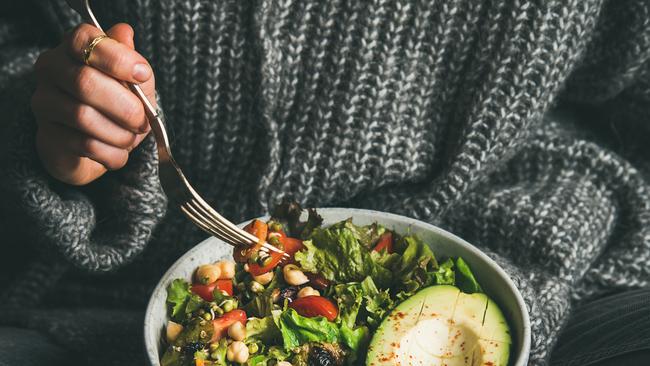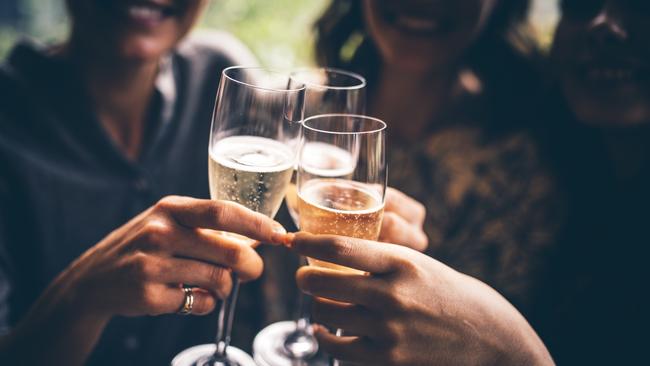Gen-Z’s balanced approach to healthy living
From booze-free beer to ‘better-for-you’ treats, younger generations are rejecting extreme lifestyle trends in favour of a more sustainable lifestyle.

In a shift away from the once-ubiquitous ‘detox’ and ‘cleanse’ mantras of the previous decade, a new wave of health consciousness is sweeping through the wellness landscape, led by Generation Z. Abandoning the rigid all-or-nothing approaches of their millennial predecessors, Gen-Z is embracing a more nuanced and balanced approach to well-being — and it’s paying off.
The days of extreme diets, gruelling cleanses, and punishing fitness regimens are giving way to a movement that values sustainable habits, mental well-being, and holistic self-care, according to new reports. As Gen-Z redefines the hallmarks of wellness, what emerges is not just a rejection of conventional practices but a reimagining of what it means to lead a healthy lifestyle in the modern age — and brands are taking note.
Global trend forecasting agency, WGSN, reported that Gen-Z is resisting the pressures of wellness culture and instead, demanding brands that prioritise flavour and fun when it comes to eating healthy. According to the report, Gen-Z’s primary concerns revolve around whole-life wellness, social life, and pleasure. They prefer to avoid strict diets that interfere with social obligations and instead want to enjoy life while staying healthy.
Five years ago, Bec Stewart discovered the concept of habit tracking and founded The Habit Tracker, which is a goal-setting and habit-tracking journal. “While fad diets, juice cleanses and ‘all or nothing’ approaches may assist in kickstarting a journey towards a healthier lifestyle, long-term success often requires sustainable habits and a more flexible approach,” says Stewart. She now runs an online personal development community of over 140,000 women. Stewart agrees that the focus should be on developing a strong set of healthy habits that can be realistically incorporated into your everyday routine rather than the ‘all or nothing’ mindset of the past.

According to Stewart, the rise of personal development apps, subscriptions and journals, like The Habit Tracker, shows that wellness brands are adapting to consumers’ changing demands. “The digital world has opened up a whole new level of awareness around health and wellness,” she says. As a result, popular influencers and public figures are now promoting a healthier lifestyle, connecting with their followers by sharing their experiences with their favourite self-improvement tools, healthy snack alternatives and the booze-free beer that helped them along the way.
“We have certainly noticed a shift towards a healthier way of living, especially among the dominant Gen-Z demographic on platforms like TikTok,” says Daniel Kittay, the founder of FUNDAY Sweets. After experiencing the adverse effects of consuming too much sugar, Kittay founded FUNDAY. The company is expected to expand to 7,000 stores by the end of 2024, aiming to “allow people to enjoy lollies like a kid again.”
Kittay believes that FUNDAY is a company that solves problems related to wellness. The company follows a customer-focused approach, prioritising the ever-changing needs of the consumers above everything else. “Compared to previous generations, Gen-Z has access to more information about health and wellness at a young age, which we believe has had a positive impact,” he says. “They’re choosing a healthier version of sweets rather than cutting them out of their diet completely.”

With the rise of sober curious lifestyles, non-alcoholic alcohol brands are striving to offer solutions for those who want to fit in with Australia’s drinking culture, without the effects of alcohol. According to the latest data from IWSR, the low or no-alcohol beverage markets saw a 5% increase in 2023, bringing the market value to over USD 13 billion (AUD $20.02 billion).
Christina Delay, the co-founder of Altina Drinks, launched her range of non-alcoholic drinks in 2018. Her aim was to help people maintain a healthier lifestyle without having to give up the pleasure of fine wines. “We provide an alternative for those who seek to moderate their alcohol intake without sacrificing the pleasure of a fine wine,” she says. According to Delay, many Gen-Z individuals are now choosing non-alcoholic options to enhance their social experiences without any adverse effects. This is because they value both their wellness and pleasurable experiences. “Many of our customers continue to enjoy alcoholic beverages but incorporate [non-alcoholic drinks] into their routine as a strategy for healthier living,” Delay says.
Arguably, the younger generations are prioritising wellness just as much as millennials, but they’re having a lot more fun doing it. And it’s leading to innovative brand evolution and product development in the wellness space.




To join the conversation, please log in. Don't have an account? Register
Join the conversation, you are commenting as Logout